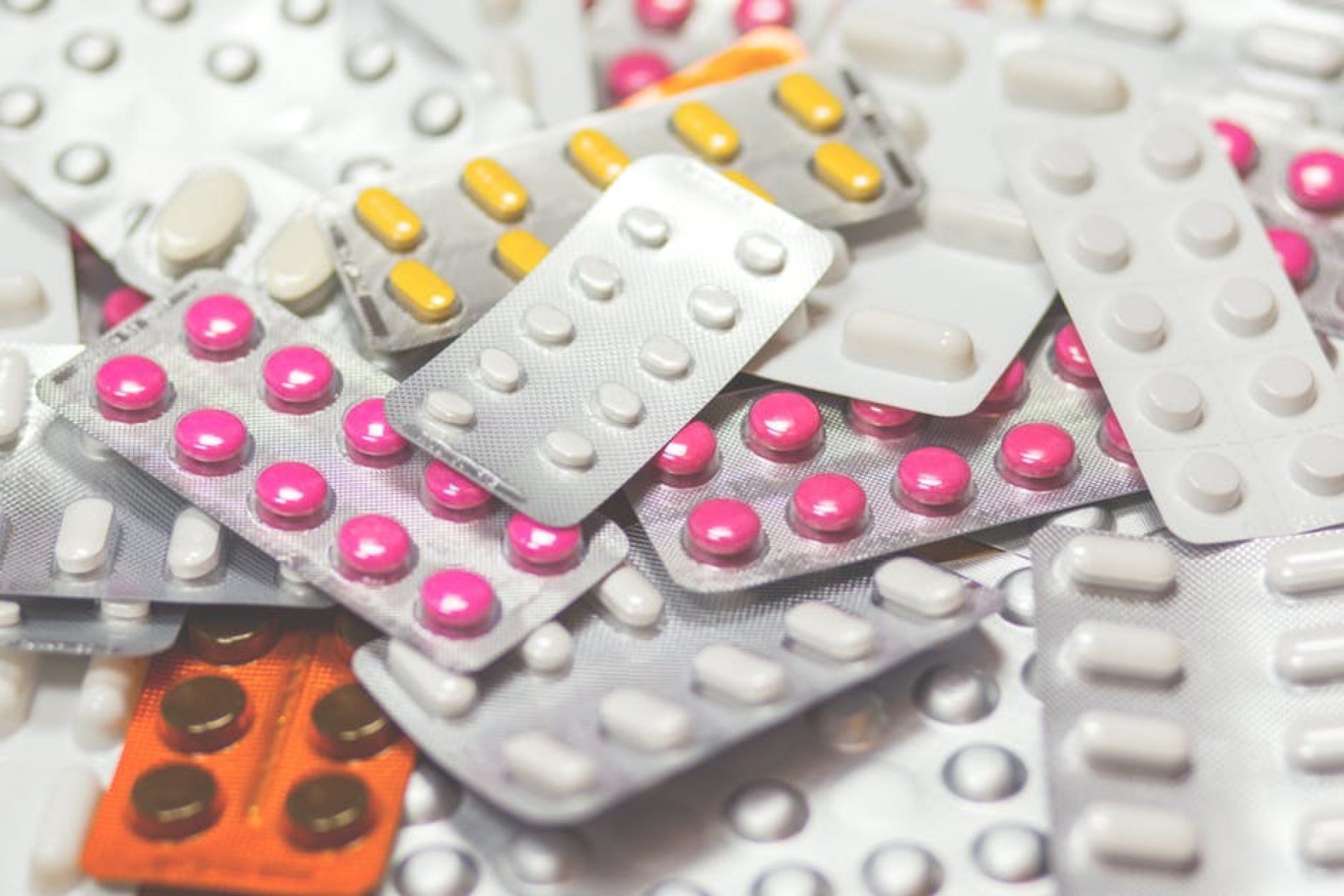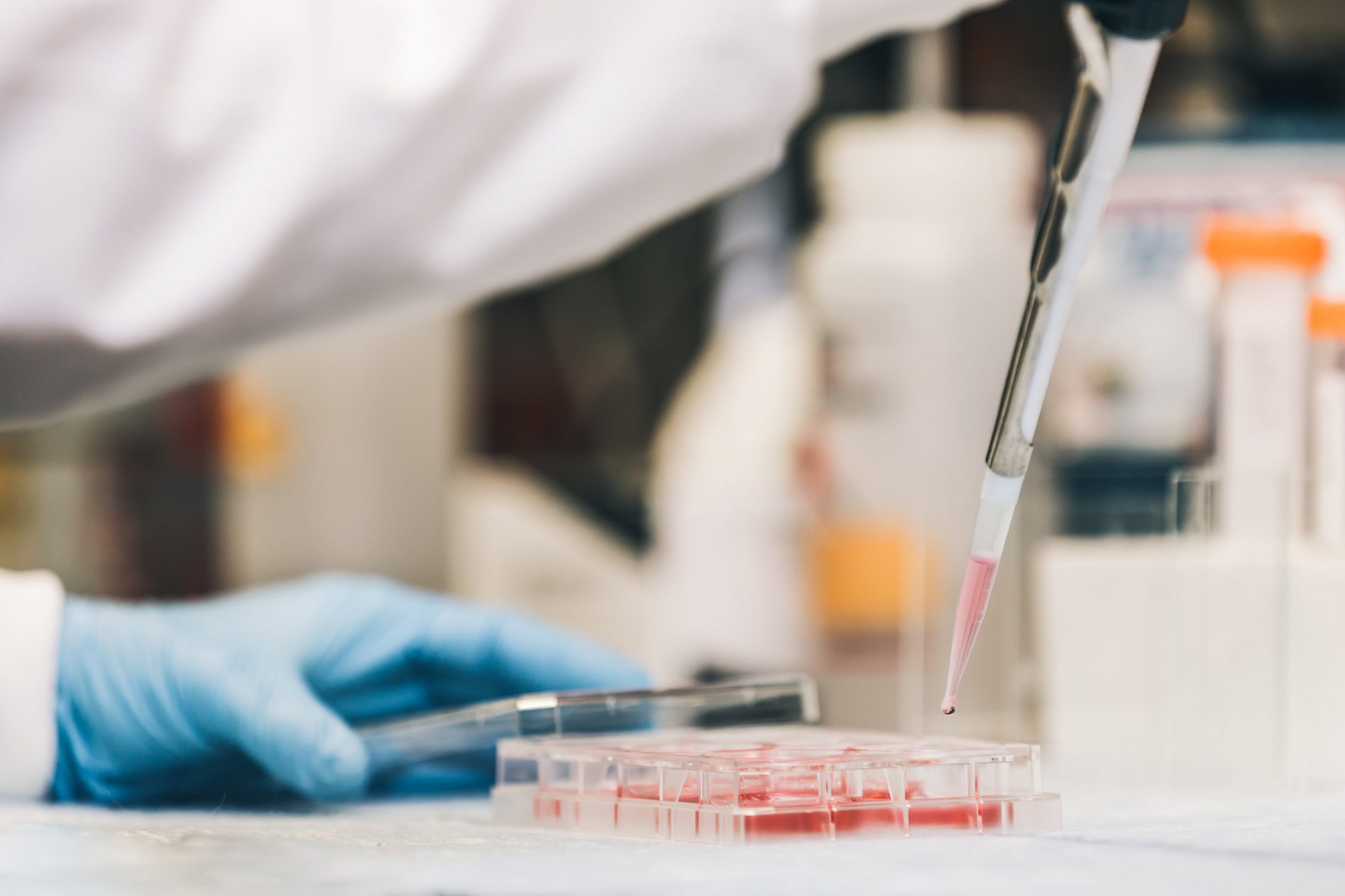Researchers from Harvard Medical School published an article about habits that can protect you to a good extent from cancer. This article was published in the conditions where, in developed countries, one in three people will be diagnosed at some point with a malignant disease. Despite these grim statistics, doctors have made great strides in understanding the biology of cancer cells and have already been able to improve cancer diagnosis and treatment.
Scientists estimate that up to 75% of cancer deaths can be prevented through early detection and avoidance of risk factors.
1. Avoid tobacco in all its forms, including exposure to secondhand smoke. Protect your family and children in particular.
2. Eat right. Reduce your intake of saturated fat, red meat, sugar and white flour. Increase your consumption of fruits, vegetables and whole grains.
3. Regular exercise. Physical activity has been linked to a reduced risk of colon cancer. Exercise also appears to reduce a woman's risk of developing breast and reproductive organs. There are also studies that claim that after an hour of even moderate physical activity, the number of circulating malignant cells in the blood tends to decrease.
4. Control your weight. Obesity increases the risk of many types of cancer.
5. Reduce the amount of alcohol. If you still want to drink alcohol, limit yourself to one drink a day. Excess alcohol increases the risk of cancer of the larynx, esophagus, liver and colon; it also increases the risk of breast cancer. Smoking further increases the risk of alcohol-induced malignancies.
6. Avoid unnecessary radiation exposure. Use medical imaging (MRI, CT, x-rays) only when needed. Check your home for residential radon (increases risk of lung cancer). Protect yourself from ultraviolet radiation in sunlight that increases the risk of melanomas and other skin cancers.
7. Avoid exposure to industrial and environmental toxins such as asbestos fibers, benzene, aromatic amines, and polychlorinated biphenyls (PCBs).
8. Avoid infections that can induce cancer, including hepatitis viruses, HIV, and human papillomavirus. Many are transmitted sexually, through contaminated needles or unsterilized medical and cosmetic equipment.
9. Make quality sleep a priority. Of course, the evidence linking sleep to cancer is not very strong at the moment. But insufficient sleep is associated with weight gain and a weakened immune system, which are risk factors for cancer.
10. Make sure you're getting enough vitamin D. Many experts now recommend 800 – 1,000 IU per day, a goal nearly impossible to reach without taking a supplement. Evidence suggests that vitamin D may help reduce the risk of prostate, colon, breast, and other cancers.
image: Shopify Partners by Burst







